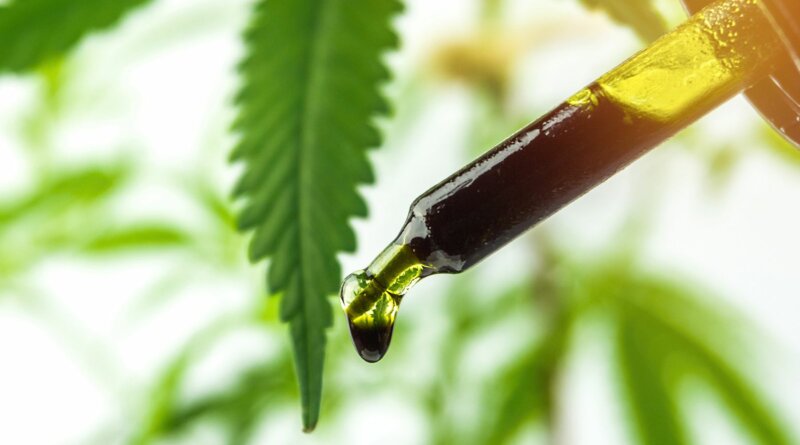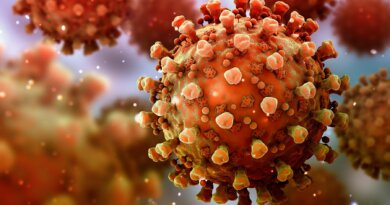Some CBD Creams, Patches Don’t Match Labels: Study
July 25, 2022 – Cannabidiol (CBD) products made from hemp have gotten more popular in recent years. But how much can you trust what the label says, compared to what really is in CBD patches, creams, and lotions?
A team of investigators decided to find out. They bought 105 hemp-derived CBD topicals – products designed to be applied to the skin – from physical stores and online sites.
Of the 89 labels that list the amount of CBD, for example, 24% matched what was inside; 58% of the products had more CBD; and the remaining 18% contained less.
Also, more than a third – 35% – of the topicals tested contained delta-9-tetrahydrocannabinol (THC), including some that claimed to be THC-free.
THC is the compound in marijuana associated with “getting high.” But hemp products are allowed to contain 0.3% or less THC, and all the products in this study met the regulation.
People should “be wary of cannabinoid products available in retail stores. The products may not contain the amounts of CBD or THC that are advertised,” says lead study author Tory R. Spindle, PhD.
The study was published in JAMA Network Open on July 20.
Can Be Deceiving
CBD topicals are over-the-counter (OTC) products, so the FDA does not regulate them the same way as prescription medications. But at the same time, the agency does not allow OTC products to make claims about health benefits.
“The health claims made on the products, which are often very pricey, may not be supported by clinical research,” says Spindle, a researcher at the Johns Hopkins Cannabis Science Laboratory in Baltimore.
He and colleagues found 28% of the 105 products made a therapeutic claim, mostly about helping ease pain and inflammation. And 14% claimed to help improve skin quality or appearance.
“This study really highlights that current regulatory oversight of cannabinoid products is not sufficient,” says Spindle, who is also an assistant professor of psychiatry and behavioral sciences at the Johns Hopkins University School of Medicine.
More hemp-derived CBD products are showing up on store shelves and online because of the 2018 Agriculture Improvement Act. This act, more commonly known as the Farm Bill, removed hemp and hemp products from the U.S. controlled substances list.
Take Heart, Consumer
Despite concerns uncovered in the study, the topical CBD industry appears to be improving, says Adam Friedman, MD.
“The good news is that in the last couple years, in the face of this incredible explosion of CBD-heavy or CBD-only products that have hit the market thanks to the Farm Bill, there does seem to be better quality assurance,” says Friedman, a professor and chair of dermatology at the George Washington University School of Medicine and Health Sciences in Washington, DC.
“The labeling is improving, but there is still a lot of work to be done given that there is still under- and over-labeling,” he says.
The study authors mention concerns about ingredients in these products absorbing through the skin, entering the body, and causing other effects, such as liver toxicity. But Friedman says it’s unlikely most of these CBD topicals would go deeper than the skin’s upper layers.
“These are reputable investigators that have published widely in this space, including on this subject. This is a reputable journal. The design is sound, and the limitations are few,” says Jamie Corroon, ND.
He found it interesting that products were mislabeled regardless of whether they were sold in brick-and-mortar stores or online. Also, regarding the finding that the products containing THC were all within the 0.3% legal maximum, “this is surprising – and shows good manufacturing practices,” he says.
Given these CBD products with THC are applied to the skin, the risk of impairment “is exceptionally low,” says Corroon, a licensed naturopathic doctor and founder and medical director of the Center for Medical Cannabis Education in Del Mar, CA.
“The case for topical hemp-derived CBD products is that they are generally safe, accessible, relatively affordable, and lots of people are reporting positive experiences using them,” he says.
A Few Bad Apples?
Friedman agreed with Spindle and colleagues that incorrect labeling and claims about health benefits on some CBD products are concerning.
“Companies that mislabel and make inappropriate claims … hurt the entire field.”
“There is tremendous potential for this area, especially in dermatology, where we’re looking at specific topical agents for utilizing CBD,” Friedman says. When manufacturers mislead about CBD products, it “undermines the credibility of this field.”
The researchers purchased about half the CBD products at physical stores in Baltimore and the other half online in July and August 2020.
To find the exact amounts of CBD, THC, and other cannabinoids in each product, the investigators detected chemical signals for each ingredient of interest using a method called gas chromatography mass spectrometry testing.
Applying More Research
Spindle and colleagues are examining the short- and long-term effects of topical cannabinoid lotions, creams, patches, and other products.
“We need to understand what these products do,” he says, “and if there are factors such as product formulation that can influence their effects on the user.”
One unanswered question is whether topical CBD products could change the results of drug testing required for employment or for other reasons.




